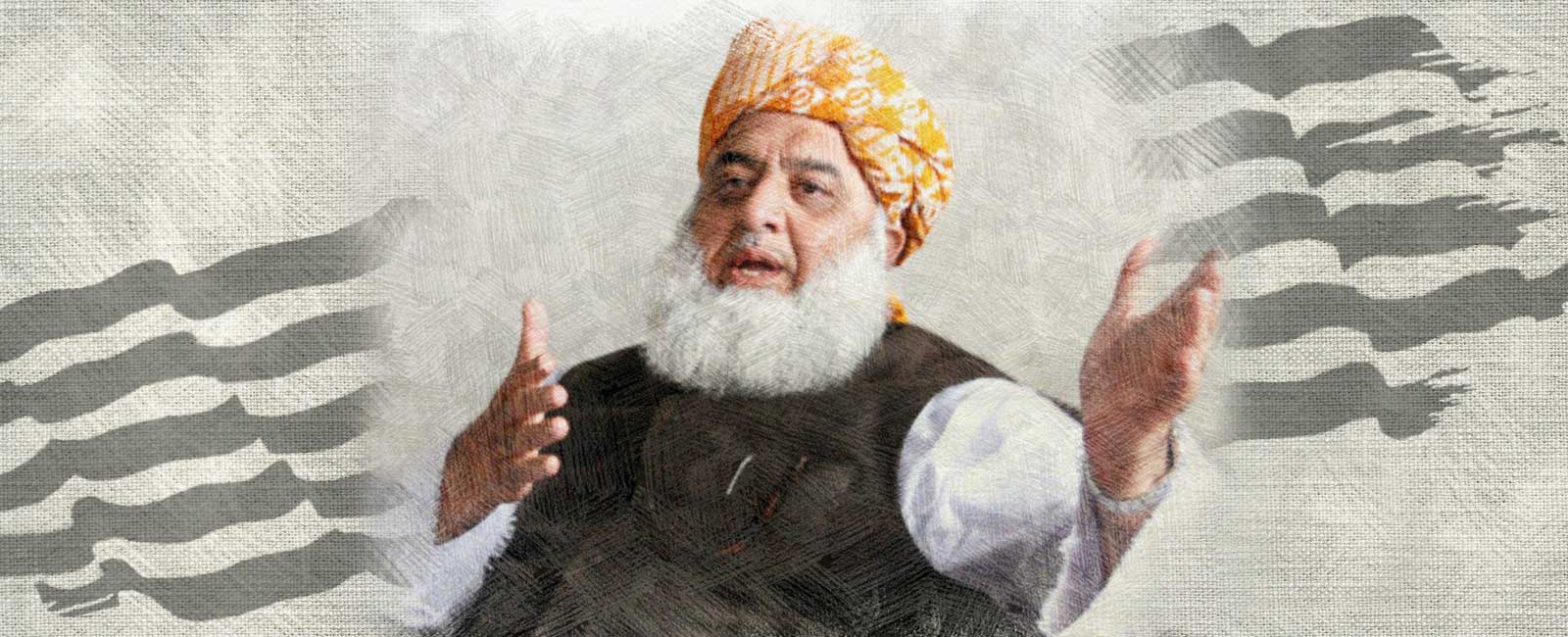Maulana Fazlur Rehman: A political legacy of power, alliances, and opposition

Maulana Fazlur Rehman, an eminent figure in Pakistani politics, traces his political lineage back to the former Jamiat Ulema-e-Hind, representing the Deobandi school of thought in the Indian subcontinent.
Post-partition, the party, led by Mufti Mahmood and renamed Jamiat Ulema-e-Islam, found its roots in Pakistan.
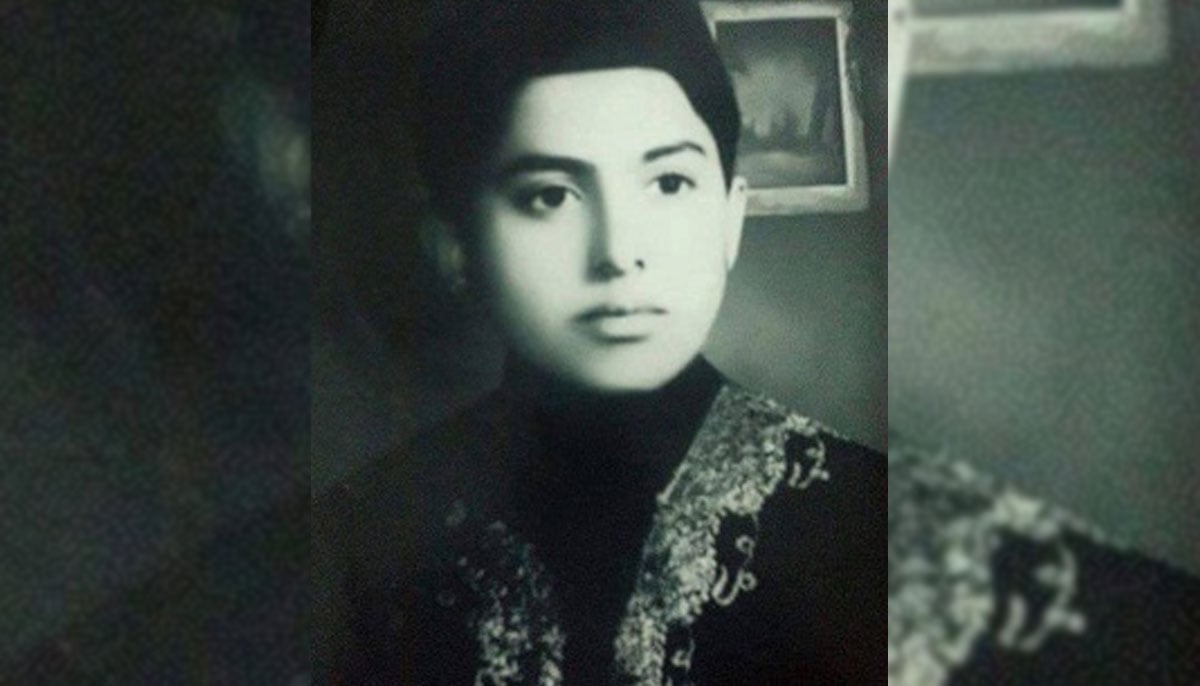
Mufti Mahmood, at the helm during the 1970s, played a pivotal role in shaping the 1973 Constitution under Zulfiqar Ali Bhutto's regime.
Elected Chief Minister of Khyber Pakhtunkhwa, then North-Western Frontier Province (NWFP), with the National Awami Party’s (ANP) support, he laid the groundwork for his political legacy.
Following Mufti Mahmood's demise in 1980, the party split, with Fazl leading one faction and Abdullah Darkhwasti the other.
Born on June 19, 1953, Fazl, one of Mufti Mahmood's four sons, underwent political training from his father and pursued religious education in Multan and Akora Khattak.
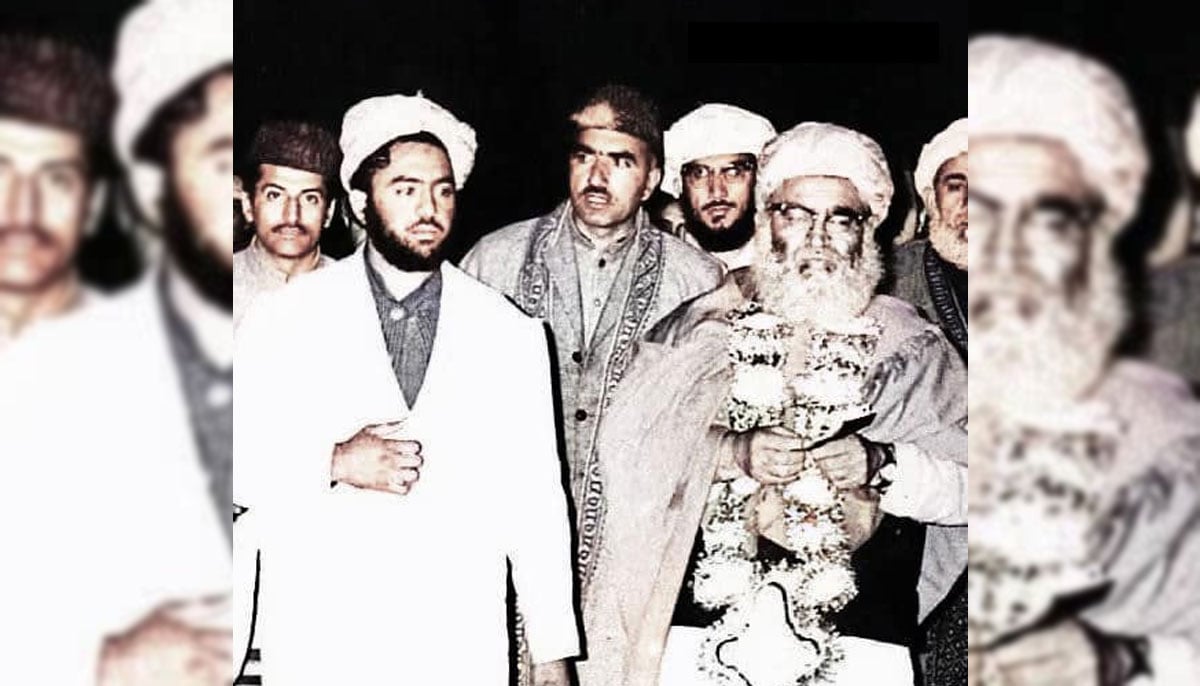
He was 27 years old when he managed to get away with the support of more than 90% of the JUI members owing to his political shrewdness and his grasp on the matters.
Entering national politics in 1988, Fazl swiftly gained influence, securing a parliamentary seat and chairing the committee on external affairs. Although he faced setbacks in the 1990 elections, his political acumen shone in the 2002 polls.
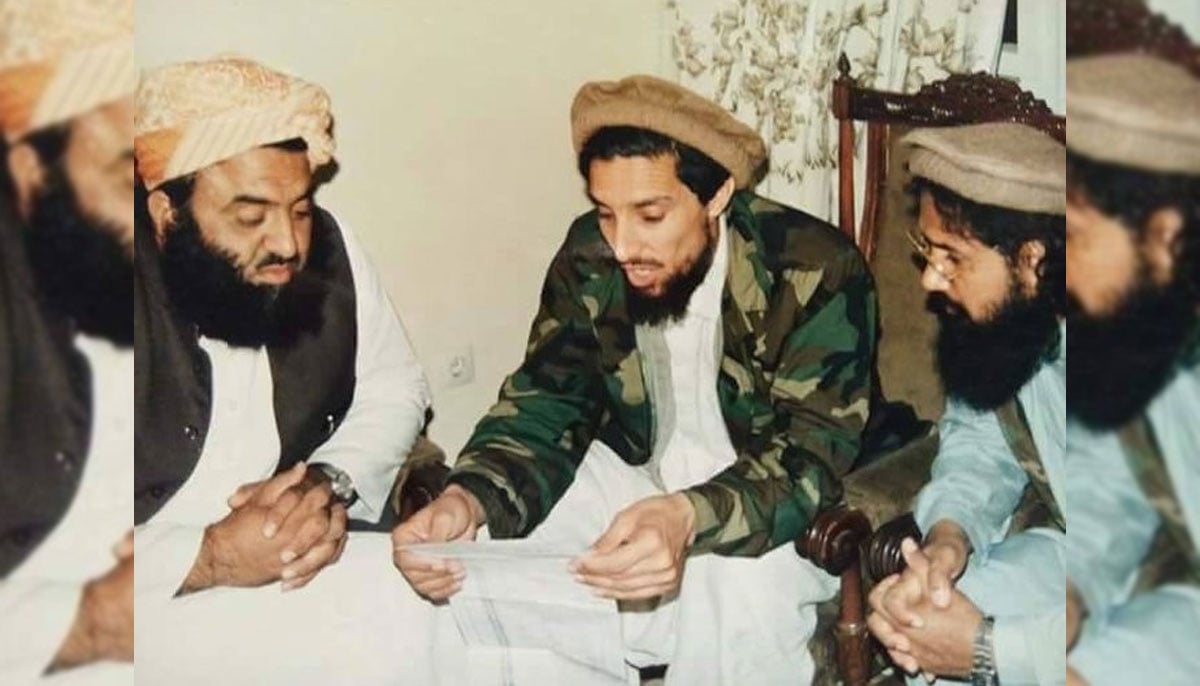
JUI-F formed a government in the then NWFP (now Khyber Pakhtunkhwa) through Muttahida Majlis-e-Amal (MMA), becoming part of the government in Balochistan.
The MMA also emerged as the third-largest party in the National Assembly in 2002. Fazl’s long-standing dreams of landing in the prime minister’s office however dashed after he failed to find the needed support in 2002.
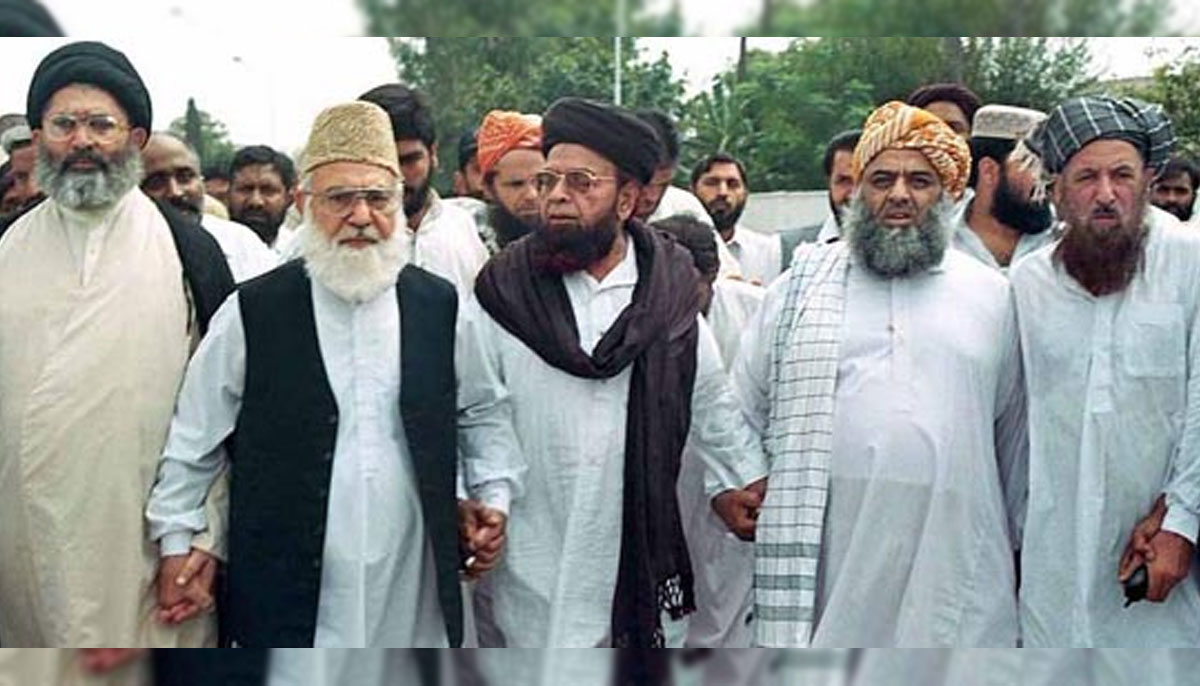
In the 2018 general elections, Fazl lost to PTI's Ali Amin Gandapur alleging the polls were rigged to defeat him.
Fazl was an instrument in leading an 11-party alliance, the Pakistan Democratic Movement (PDM), which, under the auspices of 'powers that be' ousted Imran Khan through a vote of no trust on April 9, 2022, and later became a major stakeholder in the Shahbaz Sharif-led government.
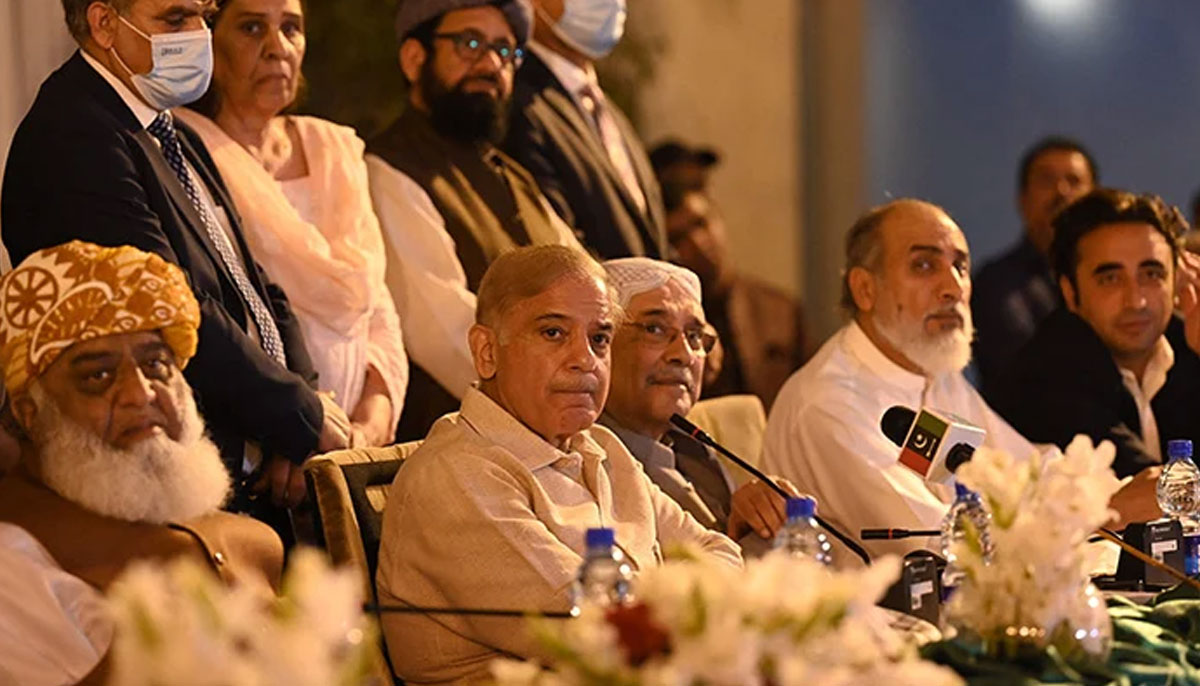
His son Asad Mehmood was elected an MNA in the 2018 polls and got the Ministry of Communications during the PDM-led government in 2022.
The governorship of the KP was given to Fazl's relative Haji Ghulam Ali, while some other politicians affiliated with him also got a big chunk in the interim provincial government formed under the leadership of caretaker Chief Minister Azam Khan.
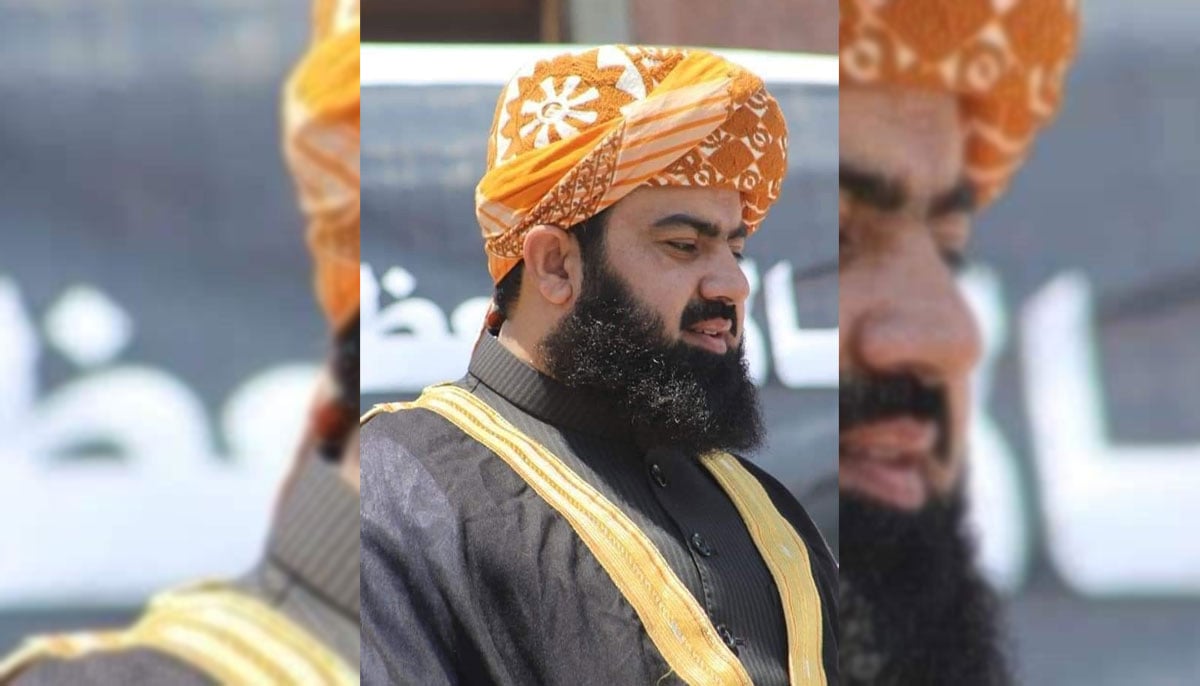
In the upcoming polls on February 8, Fazl is contesting from two constituencies, Balochistan's Pasheen (NA-265) and KP's Dera Ismail Khan (NA-44), which is his hometown.
Fazl's contention for the Balochistan seat is proof that he is not certain about succeeding in his native constituency. The move implies uncertainty, suggesting success is not assured in his native constituency.
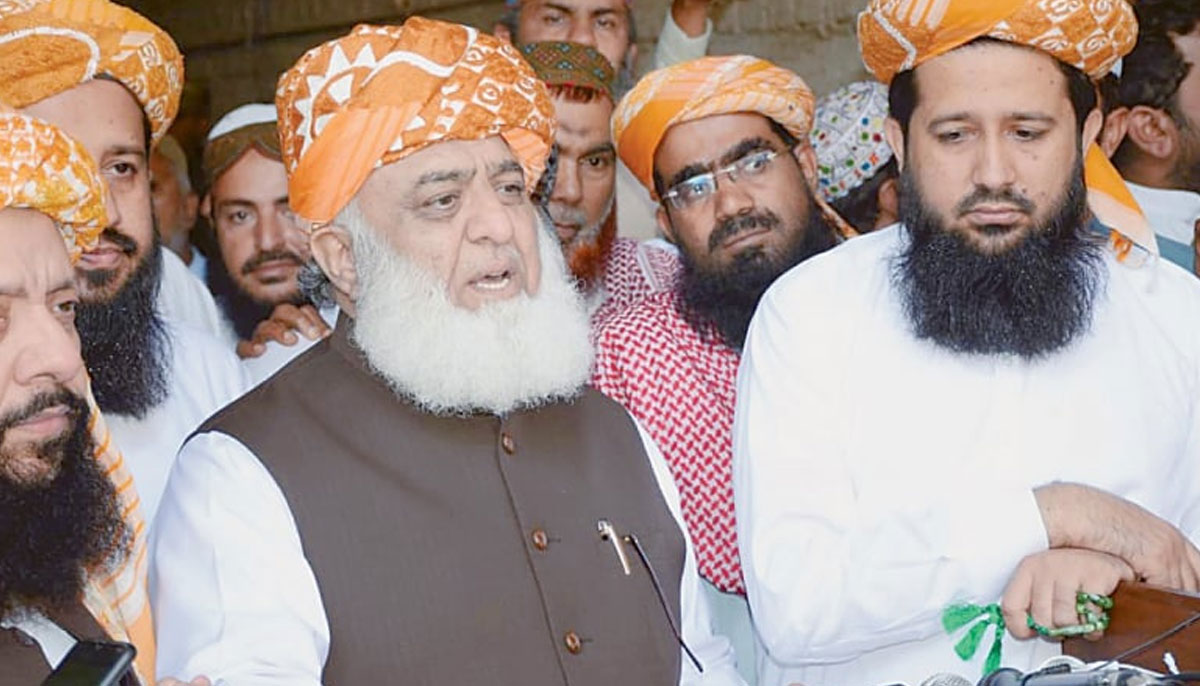
Additionally, his sons, Asad Mehmood, and Asjad Mehmood, actively participate, continuing the family's political legacy.
Fazl's journey encapsulates a deep connection to Deobandi thought, a transformative role in national politics, and enduring influence in Pakistan's ever-evolving political landscape.
The writer is a columnist and analyst at Geo News, The News and Daily Jang. He posts @SaleemKhanSafi
— Header and thumbnail design by IMM Creative



